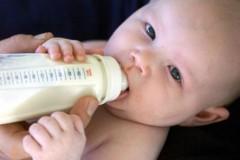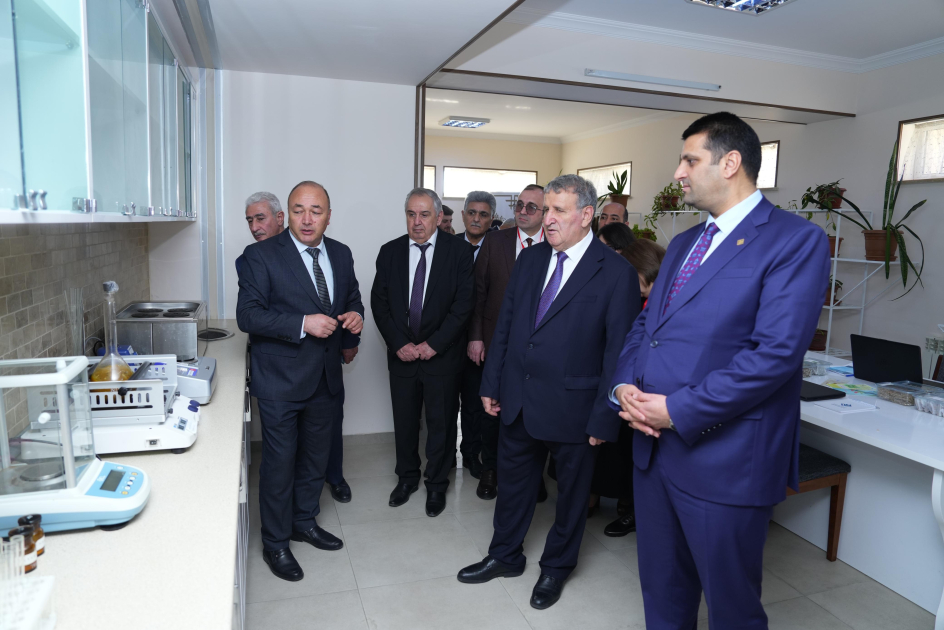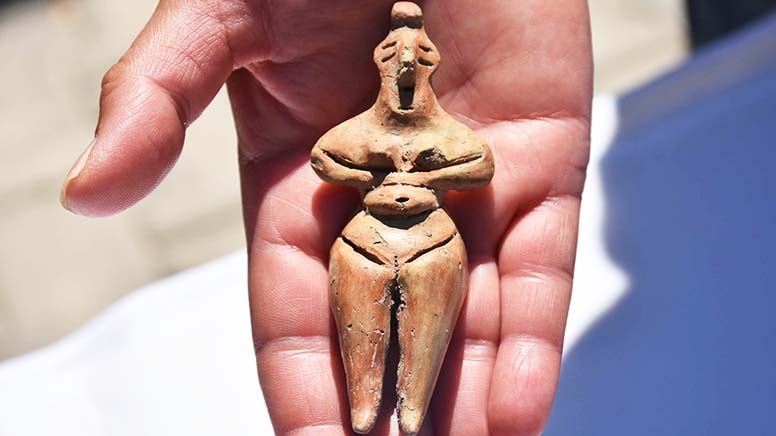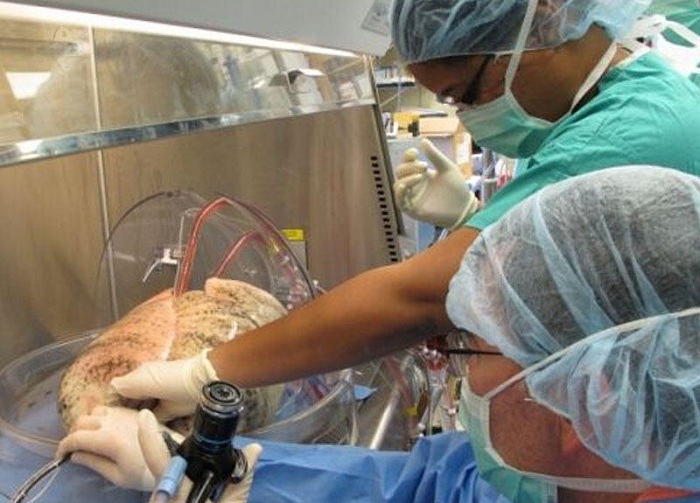
- A-
- A
- A+
Breast milk protein could be used in fight against antibiotic resistance
An antibiotic developed from human breast milk could combat certain drug-resistant bacteria, British scientists have found.
Tackling antibiotic-resistant bacteria, known as superbugs, is a priority for the government. A panel set up by David Cameron forecast that they would cost 10 million lives and £700bn a year worldwide by 2050 if the problem went unchecked.
The breakthrough, by the National Physical Laboratory (NPL) and University College London, found that the minuscule fragment, less than a nanometre in width, is responsible for giving the protein its anti-microbial properties.
This is what makes breast milk so important in protecting infants from disease in their first months of life. The protein, called lactoferrin, effectively kills bacteria, fungi and even viruses on contact.
After identifying the fragment, scientists re-engineered it into a virus-like capsule that can recognise and target specific bacteria and damage them on contact, but without affecting any surrounding human cells.
Similar News
Links



 Elm TV
Elm TV
 Photo
Photo
 Video
Video





